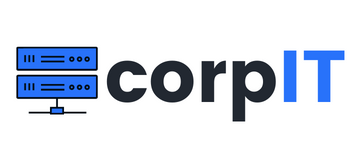BIOS (Basic Input/Output System) and UEFI (Unified Extensible Firmware Interface) are two types of firmware that control the boot process of a computer. They are responsible for initializing and testing hardware components, as well as loading the operating system.
BIOS is the older of the two firmware types, and has been around since the early days of personal computing. It is a simple, text-based interface that is stored in a chip on the motherboard. When a computer is powered on, the BIOS performs a series of checks and tests to ensure that all hardware components are functioning properly. It then loads the operating system from the hard drive or other bootable device.
One of the main advantages of BIOS is that it is simple and easy to use. It is also widely supported, which means that it can work with a wide range of hardware and operating systems. However, it has a number of limitations, including a limited set of options for configuring hardware and a lack of support for modern features such as booting from USB drives or hard drives larger than 2 TB.
UEFI is a newer firmware type that was developed to address some of the limitations of BIOS. It is a more advanced interface that supports a wider range of hardware configurations and features. Like BIOS, it is stored in a chip on the motherboard and is responsible for initializing and testing hardware components, as well as loading the operating system.
One of the main advantages of UEFI is that it supports a wider range of hardware and features. It can boot from devices larger than 2 TB, and supports booting from USB drives and other modern storage devices. It also includes a more advanced interface for configuring hardware settings, and can support more advanced features such as secure boot and boot from the network.
Despite these advantages, UEFI is not without its own limitations. It can be more complex to use and configure than BIOS, and may not be fully compatible with all hardware and operating systems. It is also not as widely supported as BIOS, which means that it may not work with older hardware or operating systems.
In summary, BIOS and UEFI are two types of firmware that control the boot process of a computer. BIOS is the older and simpler of the two, while UEFI is a more advanced and feature-rich firmware type. Both have their own advantages and limitations, and the best choice for a given system will depend on the specific hardware and software requirements of that system.









